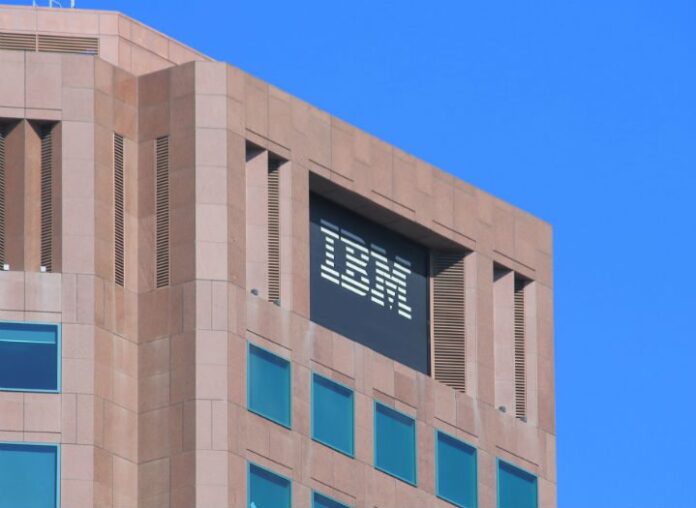Hybrid cloud accounted for more than a third of IBM’s total revenue
IBM handily beat Wall Street expectations for its second quarter, and showed promising results as the company goes all-in on its full-stack hybrid cloud strategy. The tech giant this week reported adjusted earnings of $2.31 per share, up 43% year-over-year and a few cents above most analysts’ projections. Revenue increased 9% YoY to $15.5 billion.
IBM’s hybrid cloud efforts figure prominently in the company’s bottom line this quarter, starting with IBM’s data center infrastructure sales and the launch of its z16 platform, according to Arvind Krishna, IBM’s chairman and CEO.
“Hybrid cloud is about offering clients a platform that can straddle multiple public clouds, private clouds, and on-premise properties, all the way to the edge,” said Krishna, who counted more than 4,000 hybrid cloud platform clients, with more than 250 added this past quarter.
Krishna sees AI and hybrid cloud technology as accelerators for technology development and productivity, as well as a mitigation against the effects of inflation. At a virtual event in June, Krishna said the sheer amount of data processed today is utterly overwhelming without AI to help.
“We generate two and a half quintillion bytes of data every day,” he said. “That’s two and a half with 18 zeroes after it. We know of no other technology that can digest and process that much data but AI.”
Krishna reiterated that point to analysts on the call, and said that more than a third of IBM’s customers are already using AI and advanced network automation to solve practical challenges for their business in the wake of changing workforce conditions, exacerbated by the pandemic.
“Many of those companies are using AI and automation to address demographic shifts and move their employees to higher-value work,” he said.
Despite the rosy results, IBM stock took a tumble following the report. Investors reacted negatively to the company’s revised guidance showing a dramatically lower free cash flow outlook for the year: IBM has revised it down from $10.5 billion to $10 billion. Jim Kavanaugh, IBM’s Senior Vice President and CFO, blamed the cash flow reduction on currency pressure, combined with IBM’s decision to exit its Russia operation.
“Given the focus on the sharply strengthening dollar, I’ll mention that currency translation impacted our reported revenue by over six points of growth or $900 million,” he said.
Kavanaugh added that number has increased more than $200 million over the past 90 days. Despite IBM’s best efforts to hedge against the majority of the impact of currency fluctuations, he said, “the combination of the rate and velocity of movement this quarter and the fact that we don’t hedge 100% results in a currency impact to our profit and cash flow.”
Kavanaugh told analysts that the company’s hybrid cloud revenue was up 19% year over year (YoY). Hybrid cloud revenue jumped to 36% of IBM’s total revenue for the quarter, according to Kavanaugh. IBM’s software revenue grew 12%, he added.
“This includes about seven points from the Kyndryl software content. Growth was driven by our hybrid cloud and AI capabilities. Hybrid cloud revenue for the segment now represents $9 billion over the last year, up 23%,” Kavanaugh told analysts.
“We again drove pervasive growth across Red Hat, Automation, Data and AI, and Security. Red Hat revenue all in grew 17%. Revenue growth was fueled by new adoption and expansion of [Red Hat Enterprise Linux] and OpenShift as both solutions continue to take share. These key offerings address hybrid cloud requirements in industries like financial services, public sector, and telecommunications, across environments and out to the edge,” he said.
“We continue to expect constant-currency revenue growth in line with our mid-single-digit model range, plus five to six points from sales to Kyndryl. We also remain on track to a software pre-tax margin in the mid-20s range for 2022,” said Kavanaugh, who added that IBM is planning for about 5 to 6 points of revenue growth from the sales to Kyndryl in 2022. IBM spun off its GTS managed services business as Kyndryl in 2021.

